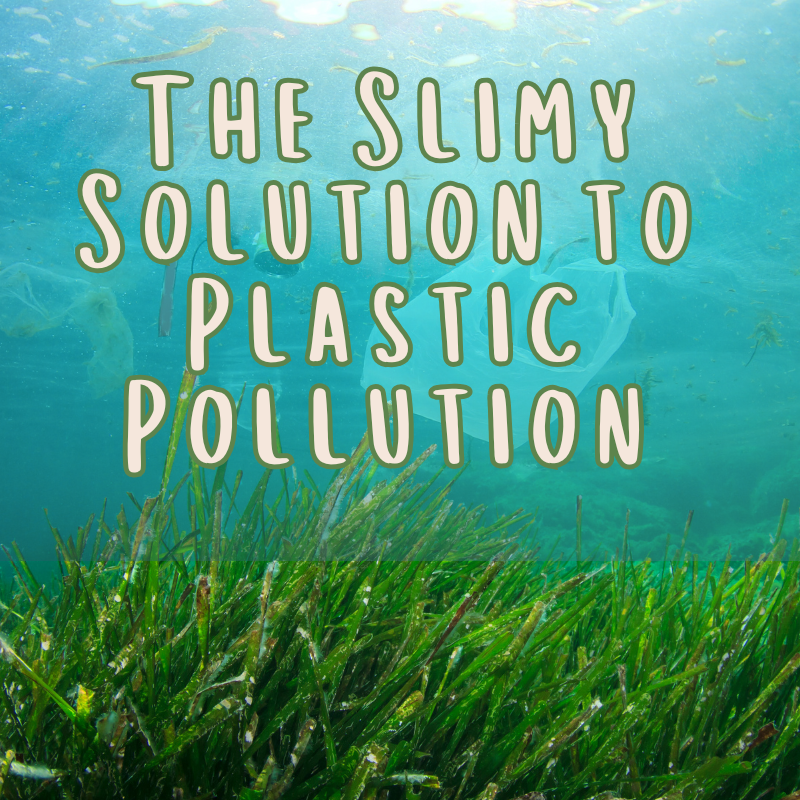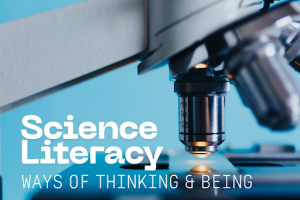The Chemistry of Your Smile: What Coffee, Wine, and Foods Are Really Doing to Your Teeth

By Hayden Nelson, C2ST Intern, University of Chicago
Have you ever wondered why your teeth aren’t perfectly white? Or why coffee, tea, and red wine seem to leave their mark? The answer comes down to chemistry. Every sip and snack you take sparks tiny chemical reactions inside your mouth. That morning coffee? Its dark pigment slips into the tiny grooves in the surface of your teeth. The glass of red wine at dinner? Same story. Our teeth might look simple, but they’re surprisingly complex structures that react to what we eat and drink every day. Despite their smooth look, our teeth are actually made up of layers of tightly packed minerals with tiny pores that absorb pigments from the foods and drinks we love. Understanding the chemistry behind your teeth and their stains helps explain why some smiles stay bright while others fade, and how everyday choices can make a microscopic difference.




